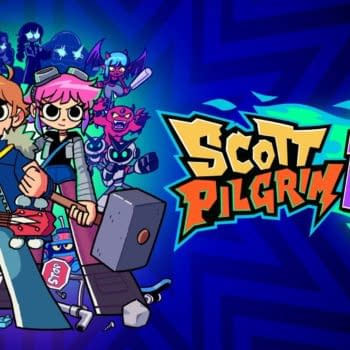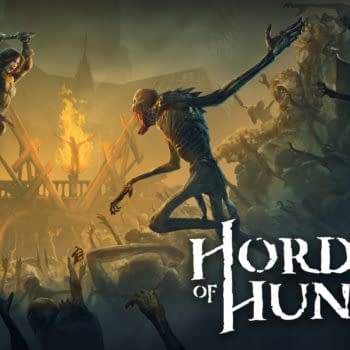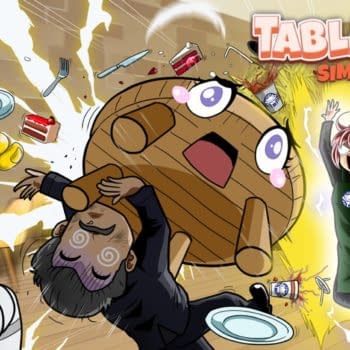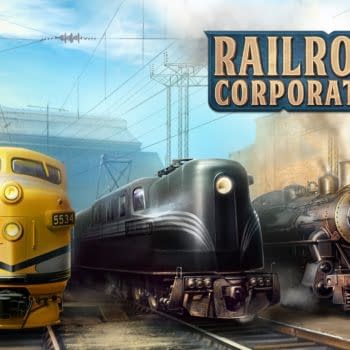Posted in: Games, Video, YouTube | Tagged: #YouTubeAgeGate, #YTAG, lgbt, LGBTQ, lgbtqia, Teen Vogue, Tyler Oakley
More #YouTubeAgeGate Problems: LGBTQIA+ Videos Getting Marked Under "Restricted"
If you thought the recent #YouTubeAgeGate issues couldn't stir the pot any further with content providers, you'd be mistaken. Apparently, the system we talked about last week where channels are being given an overall rating is now having an effect on social and political issues as well.
Teen Vogue, who have been killing it as of late when it comes to reporting on politics and equality, reported yesterday that vloggers who represent or cover the LGBTQIA+ community are having their content thrown into the restricted mode without warning or reasoning. Tyler Oakley, one of the biggest celebrities in this area commented on Twitter that his videos have been put into this category by YouTube and the company has refused to respond to him or change his status back. Oakley alerted his fans to check other related content and channels, many of whom discovered they too have been the subject of the new system and their content is being restricted.
YouTube may have just put themselves in one of the worst positions possible, and refusing to comment or respond to the actions taken may put them in hot water with organizations like GLADD, Equality Now, the ACLU, and the Human Rights Campaign. Unlike video content like Let's Play videos or racially-charged commentary, this is a topic you can't simply throw into a checkbox and call it good. While some of the videos in question may come with graphic descriptions that should have a warning or an Age Gate for a single video, many of them fall into the fields of journalism, education, and social commentary, regardless of how anyone in favor or against their content may feel. In other words, if YouTube doesn't respond to the actions they've taken, they very may well put themselves in the crosshairs of a lawsuit, or at the very least public backlash. It all depends on how the company's TOS is worded when it comes to this kind of subject matter.
By definition, their first amendment right to free speech is not being infringed on, since YouTube is a private company and has allowed them to load their videos up and not removed them. But at what point is YouTube in the right to restrict who can see these types of videos if they are defined as journalist and informative? What are your thoughts on this latest development?









